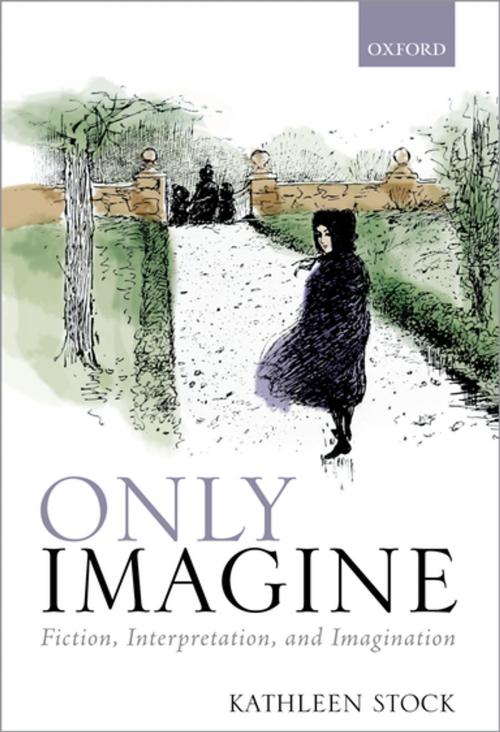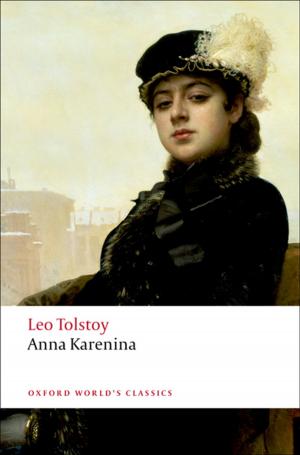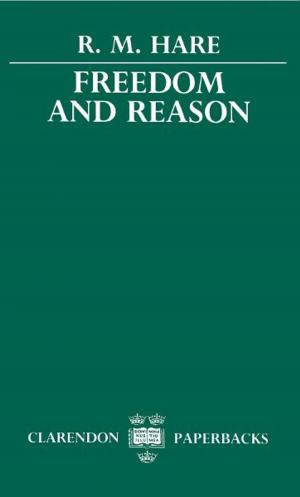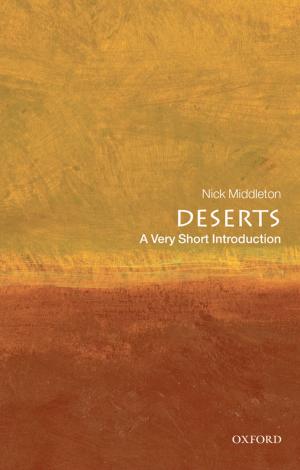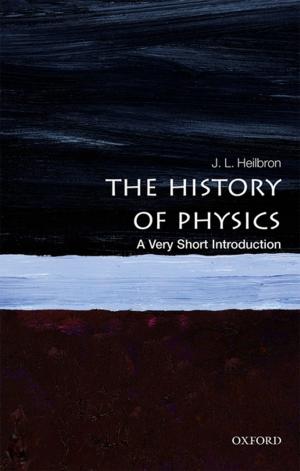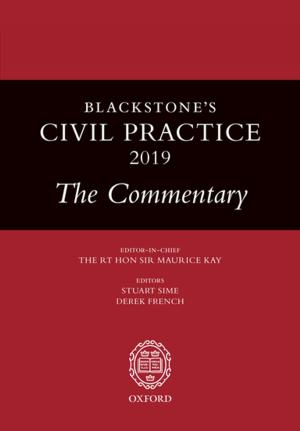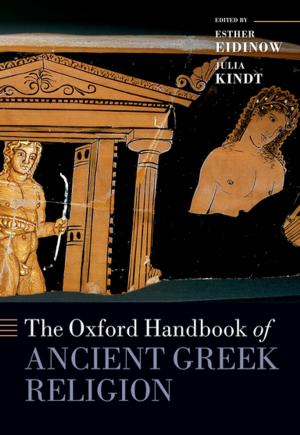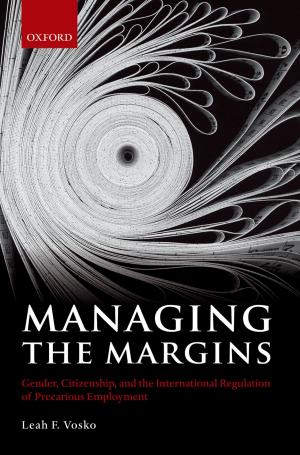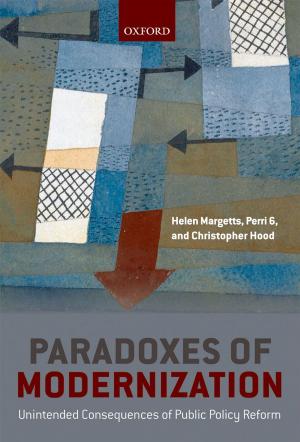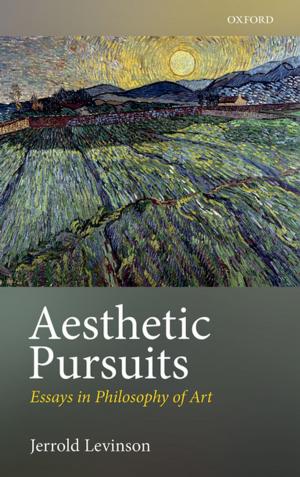Only Imagine
Fiction, Interpretation and Imagination
Nonfiction, Religion & Spirituality, Philosophy, Aesthetics, Reference & Language, Language Arts| Author: | Kathleen Stock | ISBN: | 9780192519245 |
| Publisher: | OUP Oxford | Publication: | September 1, 2017 |
| Imprint: | OUP Oxford | Language: | English |
| Author: | Kathleen Stock |
| ISBN: | 9780192519245 |
| Publisher: | OUP Oxford |
| Publication: | September 1, 2017 |
| Imprint: | OUP Oxford |
| Language: | English |
Only Imagine offers a theory of fictional content or, as it is sometimes known, 'fictional truth'. The theory of fictional content Kathleen Stock argues for is known as 'extreme intentionalism'; the idea that the fictional content of a particular work is equivalent to exactly what the author of the work intended the reader to imagine. Historically, this sort of view has been highly unpopular. Literary theorists and philosophers alike have poured scorn upon it. The first half of this book attempts to argue that it should in fact be taken very seriously as an adequate account of fictional truth: better, in fact, than many of its more popular rivals. The second half explores various explanatory benefits of extreme intentionalism for other issues in the philosophy of fiction and imagination. Namely, can fiction give us reliable knowledge? Why do we 'resist' imagining certain fictions? What, in fact, is a fiction? And, how should the imagination be characterised?
Only Imagine offers a theory of fictional content or, as it is sometimes known, 'fictional truth'. The theory of fictional content Kathleen Stock argues for is known as 'extreme intentionalism'; the idea that the fictional content of a particular work is equivalent to exactly what the author of the work intended the reader to imagine. Historically, this sort of view has been highly unpopular. Literary theorists and philosophers alike have poured scorn upon it. The first half of this book attempts to argue that it should in fact be taken very seriously as an adequate account of fictional truth: better, in fact, than many of its more popular rivals. The second half explores various explanatory benefits of extreme intentionalism for other issues in the philosophy of fiction and imagination. Namely, can fiction give us reliable knowledge? Why do we 'resist' imagining certain fictions? What, in fact, is a fiction? And, how should the imagination be characterised?
